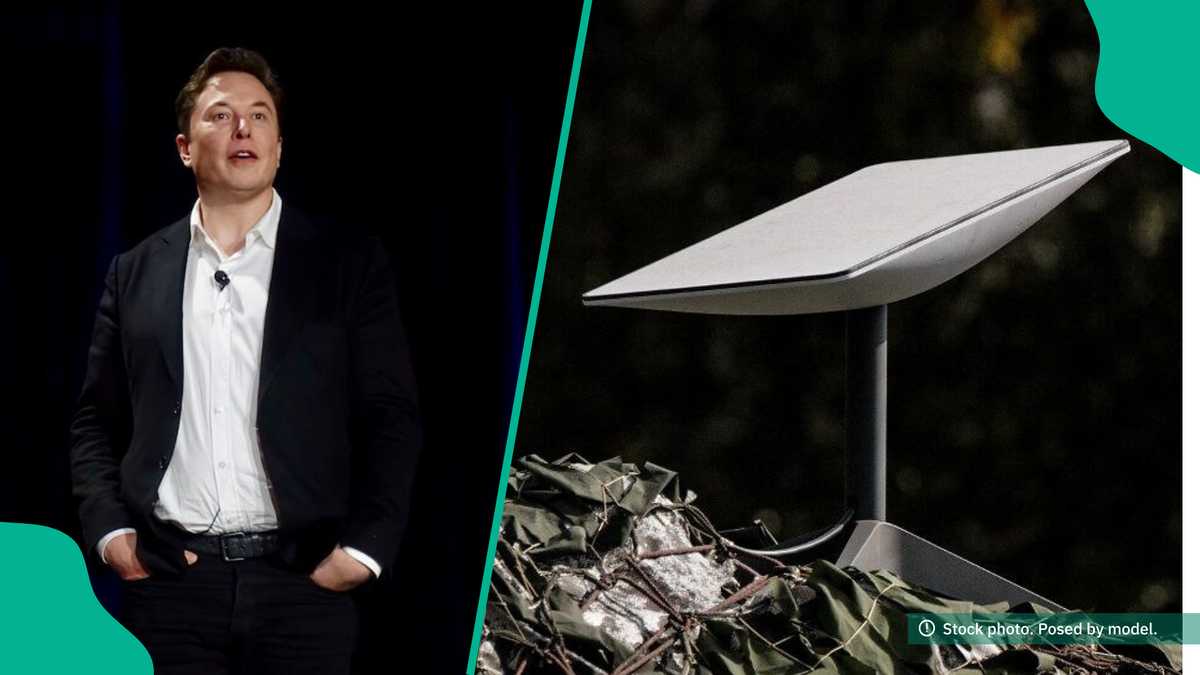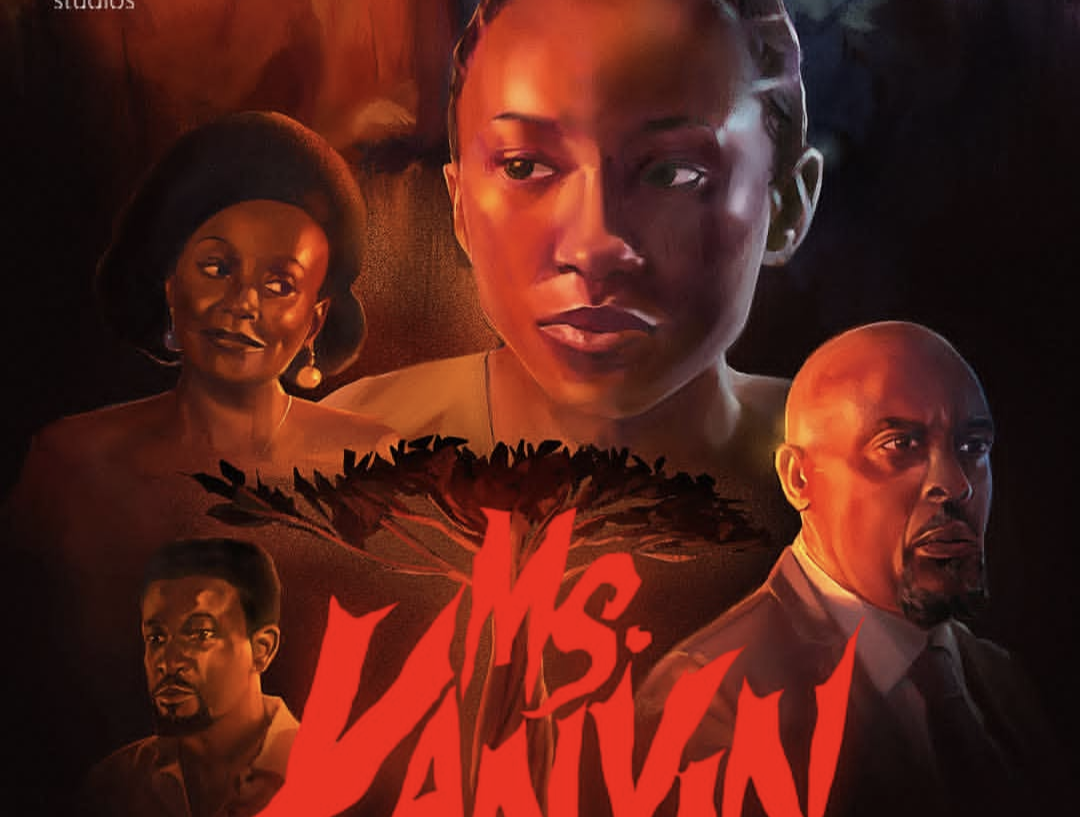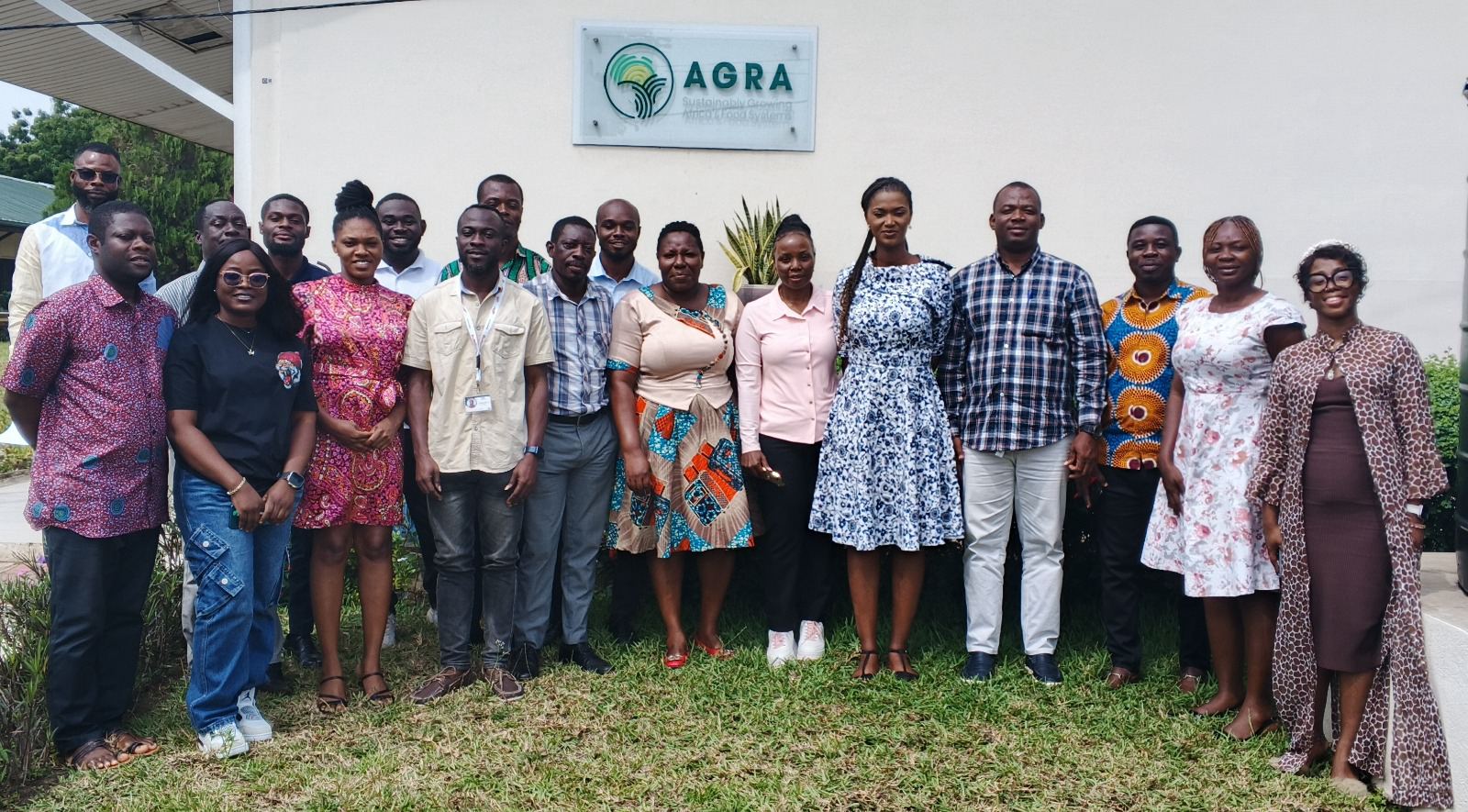How to Launch a Business in Africa: A Guide for International Businesses
If you still think Africa is ‘up next,’ you’re already playing catch-up. The action’s already happening here and it’s moving fast. If you’re here, you’re probably an international CEO looking to launch a business in Africa. But there are a few critical things you need to understand before making your move.
Africa’s population will double by 2050. Nigeria alone will become the world’s third most populous country.
Africa’s economic potential is undeniable, with the continent’s GDP projected to reach $2.8 trillion in 2024. Africa’s online population is rapidly increasing, the consumer spending power is surging, with the spending class projected to reach over $2.1 trillion by 2025 , and the spending class is growing like wildfire.
It’s time to shift perspective: Africa isn’t solely a Market of future potential. It’s a powerhouse of current consumer spending and growth, consistently offering brands tangible returns right now.
Netflix pulled in $180 million from African markets last year. Uber’s Lagos operations exceeded projections by 300%. Early movers are pulling numbers that make their Europe rollouts look like soft launches
The reality is that Africa isn’t the “next” frontier anymore. It’s already happening right now. You can’t just reuse your London strategy and hope it sticks in Lagos. The rules are different. The execution is different. And the companies getting it right are locking down territory others won’t recover.
These numbers are wild, but very real. Over 60% of Africans are under 25. Most people have smartphones. And yes, they’re using them. These aren’t people waiting around for the future, they’re building it right now.
Take Lagos. It’s got more people than New York. The middle class there spends money heavily on brands they trust. Same thing is happening in Nairobi, Accra, and a dozen other cities most Western executives can’t even pronounce.
Companies that get in early are crushing it. Latecomers are watching others run off with customers they’ll never win back.
Most international brands fail in Africa because they think Lagos is just another London. They’re not even close.
Don’t rely on broad global reports or third-party data entirely. Africa isn’t a single market; it’s a continent of 54 distinct nations, each with its own unique consumer behaviors, payment landscapes, and cultural nuances. What resonates well in an urban center of Nigeria, for instance, might require significant adaptation to connect with communities in rural Ghana.
This table compares three key African cities often targeted by international brands. Even across English-speaking countries, consumer behavior varies sharply.
| Mix of bank transfers (most frequent), mobile money (high volume), cards & cash | Mobile money dominant via M-Pesa (90%+ of transactions), limited card use | Mobile money near-universal (98%+), but cash still widely used, especially offline | |
| ~80% by 2026 (CBN); strong fintech innovation across sectors | Highly digital-savvy, early adopters of mobile finance and e-government tools | Growing steadily; digital services expanding but uneven across demographics | |
| WhatsApp, TikTok, Instagram; Facebook & Twitter/X still influential | WhatsApp, TikTok, Instagram, Twitter/X; high mobile screen time (global top 3) | WhatsApp, Facebook, YouTube; younger users shifting to TikTok and Twitter | |
| Twitter/X, Instagram, WhatsApp broadcast groups | Twitter/X (for news), LinkedIn (for professionals), WhatsApp | Facebook, local radio, WhatsApp; traditional channels still very relevant | |
| English + Nigerian Pidgin (code-switching common); local languages contextually used | English + Kiswahili (bilingual mix common in campaigns and politics) | English + Twi (Akan); English used in commerce, Twi adds emotional/local edge | |
| Influencer marketing, social proof, celebrity endorsements | Thought leadership, expert credibility, public figures with data-backed messaging | Community endorsement, peer validation, word-of-mouth, family & church networks | |
| Testimonials, influencer UGC, large following = credibility | Research-driven, comparison-based, official reviews hold weight | What friends/family say carries more weight than flashy marketing | |
| Rapid decline, but still essential in street-level commerce | Minimal use in cities; M-Pesa accepted everywhere from taxis to utility bills | Gradual decline; mobile money rising but cash still the default for many expenses |
These insights reflect a synthesis of current digital trends, consumer patterns, and verified payment behavior across each region.
In 2024, Nigeria processed over ₦71.5 trillion in mobile money transactions. In Kenya, 90%+ of transactions run through M-Pesa, while in Ghana, cash still dominates day-to-day purchases despite near-universal mobile money access. The same continent, three different payment behaviors.
What works in Lagos could flop in Accra or feel irrelevant in Nairobi, which is why strategy must be built on the ground, not flown in from Europe. Generalizing Africa isn’t just inaccurate. It’s how brands burn money.
: Key Marketing Metrics Every Business Should Track
A German beverage company learned this the hard way when they launched the same lemon-flavoured product across Nigeria. It tanked in the North but succeeded in the South because they missed regional taste preferences completely. Local intelligence would have saved them six months and serious cash.
Each African market has different requirements for product registration, business licensing, advertising regulations, and tax obligations. Nigeria requires NAFDAC approval for consumables and APCON oversight for all marketing communications, while Ghana focuses on customs compliance and Kenya offers streamlined business registration processes. Getting regulatory compliance right from the start prevents costly fixes later and ensures smooth market entry.
Foreign brands can’t win in Africa without African partners. But most partnerships look good on paper and collapse in practice because companies pick partners based on presentations rather than proven capabilities.
The partner who looks impressive in Lagos might have zero influence in Kano, Kumasi, or Kisumu. This is exactly what Netflix understood when they entered African markets – they partnered with creators and entities who truly grasped what African audiences wanted to watch. This local insight strategy is precisely why “Blood & Water,” a South African Netflix Original series, became a global phenomenon.
The right partners don’t just have connections – they have the infrastructure to execute across multiple markets. They understand regulatory requirements, have relationships with authentic local voices, and know how to reach customers beyond major cities. Most importantly, they’ve done it before and can prove results.
This is where agencies like WhirlSpot Media make the difference.
Instead of promising everything and delivering PowerPoints, we focus on what actually moves the needle: deep market research that reveals real consumer behavior, established relationships with regulatory bodies and media networks, connections to authentic local voices who build genuine trust, proven event execution that drives business outcomes, localized digital strategies that work in secondary cities, and specialized expertise in helping international brands navigate complex African markets.
Check our works, see how we’ve helped brands successfully scale across Nigeria, Ghana, and Kenya. Remember, bad partnerships sink more foreign brands than bad products do – invest the time to find partners who genuinely understand the local landscape.
The partner who looks impressive in Lagos might have zero influence in Kano, Kumasi, or Kisumu. This is exactly what Netflix understood when they entered African markets – they partnered with creators and entities who truly grasped what African audiences wanted to watch. This local insight strategy is precisely why “Blood & Water,” a South African Netflix Original series, became a global phenomenon.
The right partners don’t just have connections – they have the infrastructure to execute. They understand regulatory requirements, have relationships with authentic local voices, and know how to reach customers beyond major cities. Most importantly, they’ve done it before and can prove results.
Our approach combines deep market research with practical execution – whether that’s launching products, building government relationships, or creating content that resonates locally.
Visit our works to see how we’ve helped brands successfully scale across Nigeria, Ghana, and Kenya. Remember, bad partnerships sink more foreign brands than bad products do.
A brand launch strategy that succeeds in Lisbon or crushes it in Beijing won’t automatically make waves in Addis Ababa or resonate in Cairo.
Too often, product launch or media launch efforts in Africa miss the mark because they’re planned without deep, on-the-ground understanding. This results in messaging that feels out of place and collaborations with “influencers” who don’t genuinely connect with the local audience.
Success in Africa rewards brands that truly engage with the market, not against it. It’s about speaking in an authentic voice, and partnering with individuals who genuinely influence their communities.
In Nigeria, they built local factories, adjusted flavours to local tastes, and targeted students, parents, and busy workers. No talk of “disrupting food culture”, just solving the daily problem of what to eat when you’re tired, broke, or in a hurry.
The best African brand launches feel like they came from Africa. They solve local problems with global quality.
Launching is the easy part. Scaling is where companies either make it or blow up.
African markets reward brands that stick around and invest properly. But scaling here requires different thinking than scaling in Western markets.
Shopify is gaining ground in Africa because it didn’t force a one-size-fits-all model. Instead of copying its enterprise playbook, it focused on helping real entrepreneurs solve real problems. That’s the kind of smart scaling that actually works here.
Companies that try to scale too fast usually crash. The ones that build properly end up owning markets.
Netflix spent $175 million on African content between 2016 and 2022. They understood something most companies miss — people want to see themselves represented.
“Blood & Water” from South Africa became a global phenomenon. “Citation” from Nigeria got millions of views worldwide. These weren’t American shows dubbed into local languages. They were African stories that happened to appeal to global audiences.
Netflix didn’t just win viewers. They built cultural capital. When they launched new originals, adoption happened faster and cheaper than in European markets.
Estonian company Bolt entered African markets by offering what Uber couldn’t, . They focused on secondary cities where Uber was weak.
Today they’re market leaders in multiple African countries. Not because they had better technology, but because they understood what local markets actually wanted.
Jumia became Africa’s first unicorn by building e-commerce infrastructure instead of waiting for it to exist.
Payment systems were unreliable, so they built their own. Delivery networks didn’t exist, so they created them. Logistics were chaotic, they figured it out anyway.
Today they operate in 11 African countries because they were willing to solve problems instead of complaining about them.
Nigeria’s the biggest opportunity but comes with the biggest challenges. For example, success in Lagos doesn’t automatically mean success in Kano or Port Harcourt.
Ghana is usually the best place for foreign brands to test African markets. The regulatory environment makes sense. The market is big enough to matter but small enough to manage.
Kenya leads the world in mobile payments. Consumers are tech-savvy and open to new products. The market rewards brands that embrace digital-first strategies.
| Market intelligence, competitor analysis, market opportunity assessment campaigns or program | 60-90 days | |
| Business registration, product approvals | 90-120 days | |
| Distributors, influencers, PR agencies | 30-60 days | |
| PR campaign, media coverage, activation | 30-45 days | |
| Scale | Customer support, regional expansion | Ongoing |
Investment Range: $100K-$1M depending on market size and product complexity
Typical ROI Timeline: 12-18 months to break even, 24-36 months for significant returns
Success Rate: 70% higher with local partnerships vs. going it alone
To be honest, not every company is ready for African markets:
Africa rewards companies that show up with patience and commitment. If you’re looking for quick wins, wait until you’re ready to do this properly.
The perfect moment doesn’t exist. The right moment is now. While competitors debate whether Africa is “ready,” smart companies are already there building relationships and grabbing market share.
Expanding into African markets doesn’t have to be overwhelming. With the right strategy and local expertise, brands can tap into one of the world’s fastest-growing consumer bases.
Book Your Africa Launch Consultation with WhirlSpot Media the agency helping international brands succeed in Nigeria, Ghana, and Kenya. We handle everything from regulatory compliance to product launch PR to event management across Africa.












